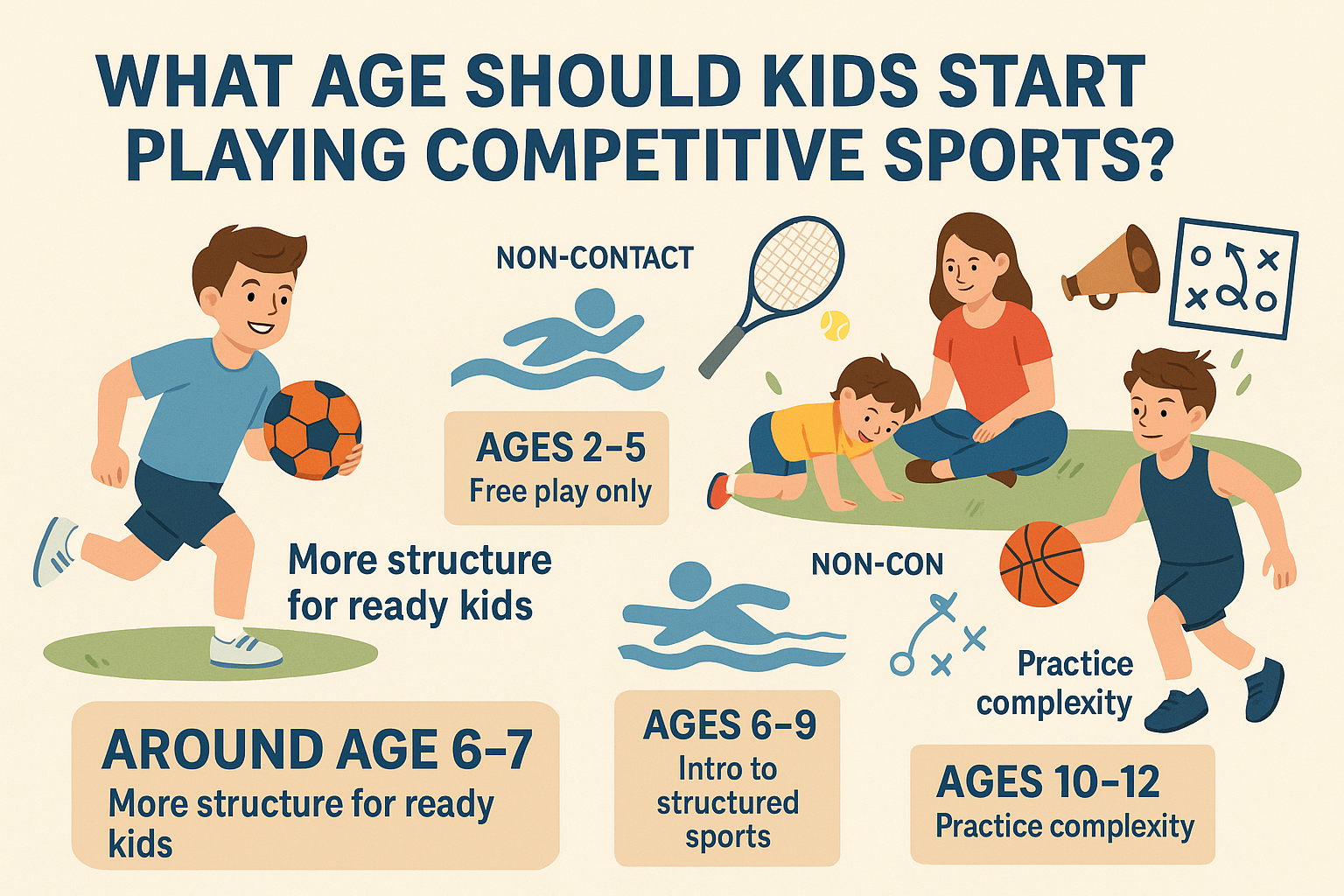Private vs. Employer-Sponsored Health Insurance: Which One is Right for You?
Introduction
Choosing the right health insurance plan is key to managing medical costs. It ensures you get quality healthcare. You might have employer-sponsored health insurance or need to buy a private plan. Knowing the differences helps you make a smart choice.
This guide will compare private and employer-sponsored health insurance. We’ll look at their benefits, costs, and how to pick the best for you.
What is Private Health Insurance?
Private health insurance are individual or family health plans. You buy them directly from insurance providers or through the Affordable Care Act (ACA) Marketplace.
Where Can You Buy Private Health Insurance?
✔ Health Insurance Marketplace (Healthcare.gov)
✔ Directly from private insurance companies
✔ Through licensed brokers or agents
✔ Short-term or catastrophic plans for temporary coverage
Private health insurance is great for self-employed individuals, freelancers, and those without employer coverage.
What is Employer-Sponsored Health Insurance?
Employer-sponsored health insurance is a plan offered by an employer to its employees. The employer often pays a big part of the monthly premium. This makes it cheaper than private insurance.
How Employer-Sponsored Health Insurance Works:
✔ Employees choose from available plan options
✔ Employers pay a portion of the premiums (usually 70-80%)
✔ Employees pay the remaining premium plus copays and deductibles
✔ Coverage may extend to dependents and spouses
Employer-sponsored plans are often more affordable. But, you might have limited choices compared to private insurance.
Key Differences Between Private and Employer-Sponsored Health Insurance
| Factor | Private Health Insurance | Employer-Sponsored Insurance |
|---|---|---|
| Cost | Higher premiums, but more control | Lower premiums due to employer contributions |
| Coverage Options | Wide range of plans and insurers | Limited to employer-selected plans |
| Network Restrictions | More flexible provider choices | Restricted to employer’s network |
| Portability | Stays with you regardless of job | Lost if you leave your job (unless you opt for COBRA) |
| Customizability | Can choose specific plans and benefits | Limited to employer-offered options |
Pros and Cons of Private Health Insurance
Pros:
✔ More plan choices and provider flexibility
✔ Portable coverage – Stays with you even if you change jobs
✔ Can customize coverage based on needs
Cons:
❌ Higher monthly premiums compared to employer-sponsored plans
❌ No employer contribution to lower costs
❌ Must research and compare options yourself
Pros and Cons of Employer-Sponsored Health Insurance
Pros:
✔ Lower cost due to employer contributions
✔ Easy enrollment process through your job
✔ Group rates provide better benefits at lower prices
Cons:
❌ Limited plan choices – You must choose from employer offerings
❌ Loses coverage if you leave your job (unless using COBRA)
❌ Not ideal for freelancers or self-employed individuals
Cost Comparison: Private vs. Employer-Sponsored Health Insurance
Average Monthly Premiums in the USA
💲 Employer-Sponsored Plans:
Individual Coverage: $108/month (after employer contribution)
Family Coverage: $497/month (after employer contribution)
💲 Private Health Insurance (ACA Marketplace):
Individual Coverage: $438/month (before subsidies)
Family Coverage: $1,168/month (before subsidies)
Employer-sponsored plans offer more cost savings. Private plans provide more customization and flexibility.
Who Should Choose Private Health Insurance?
✔ Self-employed workers and freelancers
✔ Those without access to employer-sponsored plans
✔ People who want more control over coverage and providers
Who Should Choose Employer-Sponsored Health Insurance?
✔ Employees with access to affordable workplace plans
✔ People who prefer employer contributions to lower costs
✔ Individuals who don’t want to compare plans on their own
How to Transition from Employer-Sponsored to Private Insurance
If you leave your job, you can:
✔ Enroll in a Marketplace Plan (within 60 days of losing employer coverage)
✔ Continue Employer Coverage Through COBRA (for up to 18 months)
✔ Find a Private Plan Through an Insurance Provider
How to Enroll in Private or Employer Health Insurance
✔ Employer Plans: Enroll during open enrollment or after a qualifying life event
✔ Private Plans: Enroll via Healthcare.gov, insurers, or brokers
✔ COBRA: Maintain former employer’s plan for a limited time (but at a higher cost)
Best Private Health Insurance Providers in the USA
Blue Cross Blue Shield – Best for nationwide coverage
UnitedHealthcare – Best for digital tools and telehealth services
Cigna – Best for global and travel coverage
Aetna – Best for employer-sponsored plans
Kaiser Permanente – Best for customer satisfaction and preventive care
Common Mistakes to Avoid When Choosing Health Insurance
❌ Choosing a plan based on premiums alone – Consider deductibles and copays
❌ Ignoring provider networks – Ensure your preferred doctor is covered
❌ Not using employer contributions – Employer-sponsored plans often provide better benefits
FAQs About Private and Employer-Sponsored Health Insurance
❓ Can I have both private and employer-sponsored health insurance?
✅ Yes, you can have dual coverage. But, it might not save you money.
❓ What happens if I lose my job?
✅ If you lose your job, you can use COBRA. Or, you can buy a Marketplace plan. Or, enroll in Medicaid if you qualify.
❓ Is private insurance better than employer-sponsored insurance?
✅ It depends. Private insurance gives you more choices. But, employer-sponsored plans are often cheaper.
Conclusion
Both private and employer-sponsored health insurance have good points. If saving money is key, employer-sponsored insurance is the way to go. But, if you want more flexibility and control, private health insurance might be better.














